ACM40322 Certificate IV Animal Behaviour and Training
Master Animal Behaviour & Training: Build a Career You Love
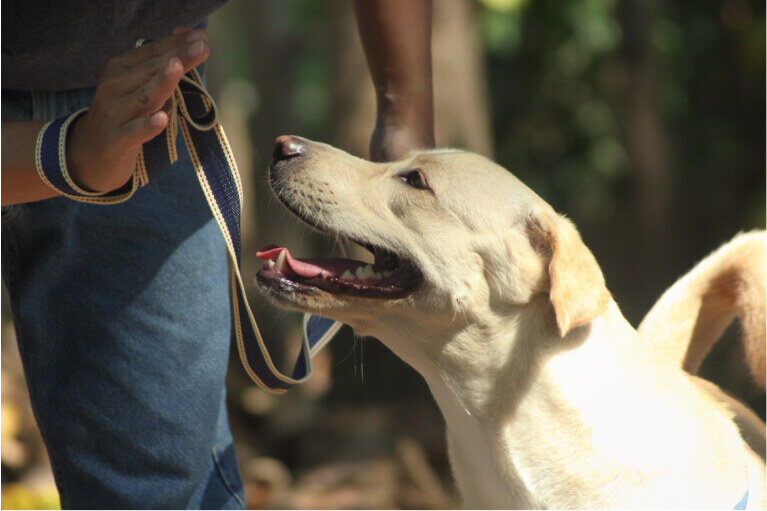

Course Highlights
%201.jpg?width=512&height=384&name=NRT_logo-1-ezgif.com-resize%20(1)%201.jpg)
%201.jpg?width=300&height=300&name=AQF_logo300x300%20(1)%201.jpg)
Why Choose This Course?
Dive into the fascinating world of animal behaviour with a program that combines theory, hands-on experience, and expert guidance. Perfect for those looking to advance their career in animal care, this course equips you with the skills to ethically interpret and train animal behaviour across various settings. You’ll gain skills highly valued across industries like adoption centres, rehabilitation roles, and more.
- In-Depth Behaviour Training: Learn advanced techniques to interpret animal behaviour and apply ethical training methods.
- Exclusive Placement Opportunities: Gain 44 weeks of hands-on experience in behaviour-focused centres or shelters.
- Expert Training: Be guided by industry experts with years of practical knowledge.
- Immersive Learning: Weekly face-to-face theory classes ensure you’re ready for real-world challenges.
- Diverse Career Pathways: Step into roles like animal trainer, rehabilitation specialist, or shelter assistant.

Course Details
The Certificate IV in Animal Behaviour and Training is perfect for those with animal care experience who want to take their skills to the next level. You’ll learn how to interpret animal behaviour, apply proven training methods, and create ethical, welfare-focused solutions.
This course isn’t just about theory—it’s about real-world experience. With weekly face-to-face classes and 44 weeks of hands-on placement in behaviour centres or shelters, you’ll get up close with the challenges and rewards of working with animals.
*Please note: Travel to placement locations may be required (at your own expense).
While there are no official prerequisites for this course, placements are limited to ensure you get the most personalised training experience. To stand out, we highly recommend completing a Certificate III in Animal Care Services or having prior experience in the animal care field.
For international students, this course is classified as full-time and is an excellent next step from the Certificate IV in Veterinary Nursing. If you’re ready for your next big move, this could be the perfect fit!
No matter where you’re based in Australia, we’ve got you covered with flexible delivery options.
This 12-month course is designed to combine theory and practice, with three days a week dedicated to learning—one day in the classroom and two days in hands-on placements at behaviour centres or shelters.
We offer five intakes per year: January, February, April, July, and October.
Core Units:
ACMGEN303 Assess the welfare status of an animal
This unit of competency describes the skills and knowledge required to assess the welfare status of an animal using an industry recognised animal welfare assessment framework or model and tool.
ACMGEN304 Promote positive wellbeing in self and others in animal care workplaces
This unit of competency describes the skills and knowledge required to follow animal health management practices to monitor animal health via daily observations of behaviour and condition. The animals may include a range of species housed long-term or cared for short-term in a workplace
ACMGEN402 Advise on animal industry compliance and practices
This unit describes the skills and knowledge required to provide advice to clients or carers on animal management, facilities and activities, and to manage workplace compliance within the relevant sector of the animal care and management industry
ACMBEH301 Identify behaviours and interact safely with animals
This unit will allow you to demonstrate the skills and knowledge required to identify and interpret behaviour and safely handle, interact and respond to animals in a range of animal care facilities and environments. It can be applied to a range of animal species
ACMBEH402 Develop, implement, and monitor enrichment strategies for animals
This unit of competency describes the skills and knowledge required to develop, implement, monitor and review enrichment strategies for animals, and to communicate the strategies to carers (team members/owners).
ACMBEH403 Evaluate animal conditioning methodology and program design
This unit of competency describes the skills and knowledge required to research, evaluate and select animal conditioning methodologies to design and implement a training or behaviour management and/or modification program. It involves in-depth knowledge of animal behaviour, learning theory and the application of scientifically validated, ethical conditioning methodologies and techniques.
ACMBEH404 Condition animal behaviour
This unit of competency describes the skills and knowledge required to condition animals using positive conditioning techniques. It applies to a range of species and includes the individual demonstrating skills and knowledge required for conditioning animals to others.
ACMWHS401 Maintain workplace health and safety processes
This unit of competency describes the skills and knowledge required to maintain workplace health and safety processes in an organisation.
Electives:
ACMBEH501 Work collaboratively to manage complex behaviour
This unit of competency describes the skills and knowledge required to understand, interpret and assess animal behaviour and work collaboratively with clients and professional stakeholders to develop conditioning, training and management programs to address animal behaviour issues.
ACMGEN311 Maintain and monitor animal health and wellbeing
This unit of competency describes the skills and knowledge required to follow animal health management practices to monitor animal health via daily observations of behaviour and condition. The animals may include a range of species housed long-term or cared for short-term in a workplace.
ACMVET411 Prepare, deliver and review animal care education programs
This unit of competency describes the skills and knowledge required to participate in the preparation and review of animal care education programs and their implementation within the community at large.
ACMBEH405 Provide individual advice on animal behaviour management and training
This unit of competency describes the skills and knowledge required to develop, conduct and review behaviour management and training plans/programs for individual animals and for their owners or carers. Consultations may be conducted in one-on-one sessions with animals and their owners or carers (clients) in a variety of contexts and in suitable venues/environments.
ACMBEH406 Conduct group training classes for animal owners or carers
This unit of competency describes the skills and knowledge required to develop, conduct and review training classes for animals and their owners or carers. Training is generally conducted in group sessions in suitable venues/environments.
ACMBEH407 Conduct animal behavioural assessments
This unit of competency describes the skills and knowledge required to assess animal behaviour for suitability for a range of purposes, which may include adoption/rehoming, rehabilitation, training or suitability for specific purposes or activities, including assistance animals. It typically applies to dogs and cats but may be applied to other species.
BSBLDR414 Lead team effectiveness
This unit describes the skills, knowledge and outcomes required to lead the performance of a team and to develop team cohesion.
TAEDEL414 Mentor in the workplace
This unit describes the skills and knowledge required to establish and develop a professional mentoring relationship with an individual in a workplace. It includes the skills and knowledge to plan and prepare for the mentoring, and implement strategies suited to the mentee, the workplace and the mentoring relationship.
Already have qualifications or experience? Previous qualifications like the Certificate III in Animal Care Services can count towards course credits, reducing your overall fees. Recognition of Prior Learning (RPL) is also available—contact us to learn more.
- Expert Training: Learn from internationally experienced trainers dedicated to your success.
- Exclusive Placements: Hands-on experience in hand-picked, behaviour-focused centres.
- Workplace Insurance: Stay covered throughout your practical training.
- Personalised Learning: Small group sessions designed for focused and tailored instruction.
- Ongoing Support: Mentoring and regular individual progression check-ins to keep you on track.
- Industry Networking: Build valuable connections with professionals to expand your career opportunities.
Enrolment process

Fill out the application form and hit send

Our team will call you to assess your eligibility, discuss your goals, and answer questions.

Review and electronically sign your Letter of Offer
Confirm your enrolment by completing the payment process

For your exciting journey in animal care with access to your learning materials and orientation details

Get course guide
Experience with Animal Academy
At Animal Academy, we prioritise your personal and professional growth through interactive and supportive learning experiences:
Where Can This Qualification Take You?
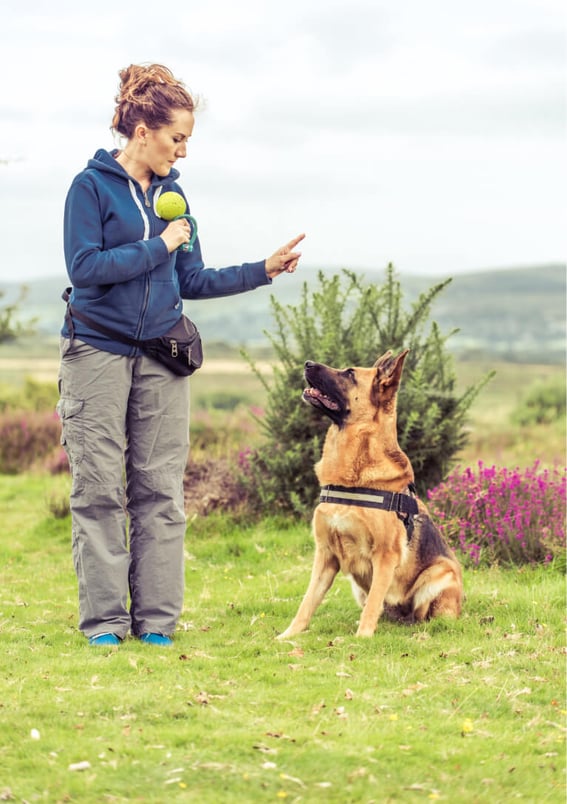
Graduates of this program go on to work in diverse and rewarding roles, including:
- Animal Trainer or Behaviour Specialist
- Rehabilitation Centre Roles
- Dog Trainer
- Horse Educator
- Animal Control and Regulation Assistant
- Animal Shelter Assistant
Animal Behaviour and Training: Fulfilling, Growing, Flexible

7.9/10 job satisfaction score

5.9% growth projected from 2023 to 2028

49% work part-time with salaries around AUD 71K/year.
Our partners
Our strong partnerships with top animal care establishments can connect students to work placements and help graduates step into rewarding careers.

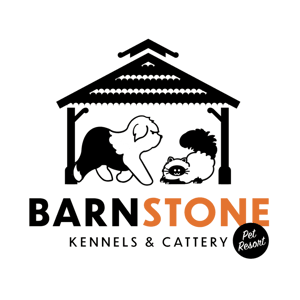



![Tallwood Logo final 2020[1] (1)](https://46702163.fs1.hubspotusercontent-na1.net/hub/46702163/hubfs/Tallwood%20Logo%20final%202020%5B1%5D%20(1).png?width=300&name=Tallwood%20Logo%20final%202020%5B1%5D%20(1).png)
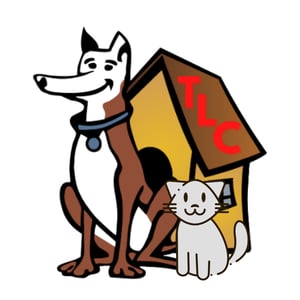


STUDENT REVIEWS
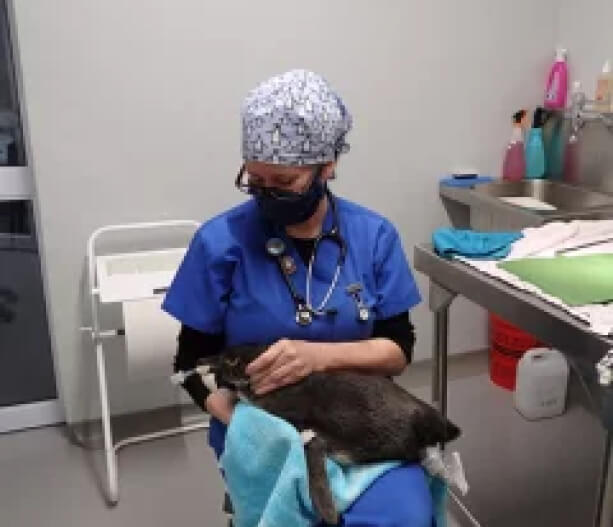
“The lectures were always engaging and interactive, which made learning so much easier. I found lecturers to be extremely approachable whenever I had doubts or unanswered questions.”

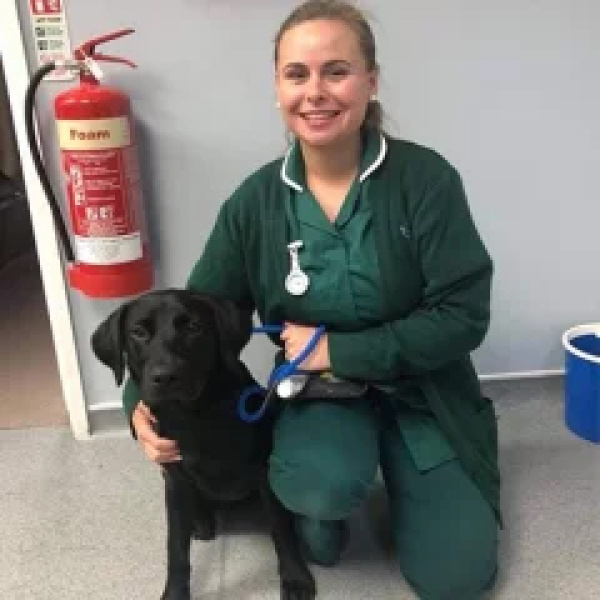
“The lectures were always well prepared and clearly structured allowing me to understand. Great patience was shown with students who were faced with academic and practical challenges throughout their studies.”


“The love, care, passion and precision in how we were taught made us strive to be the best we can be at our jobs.”

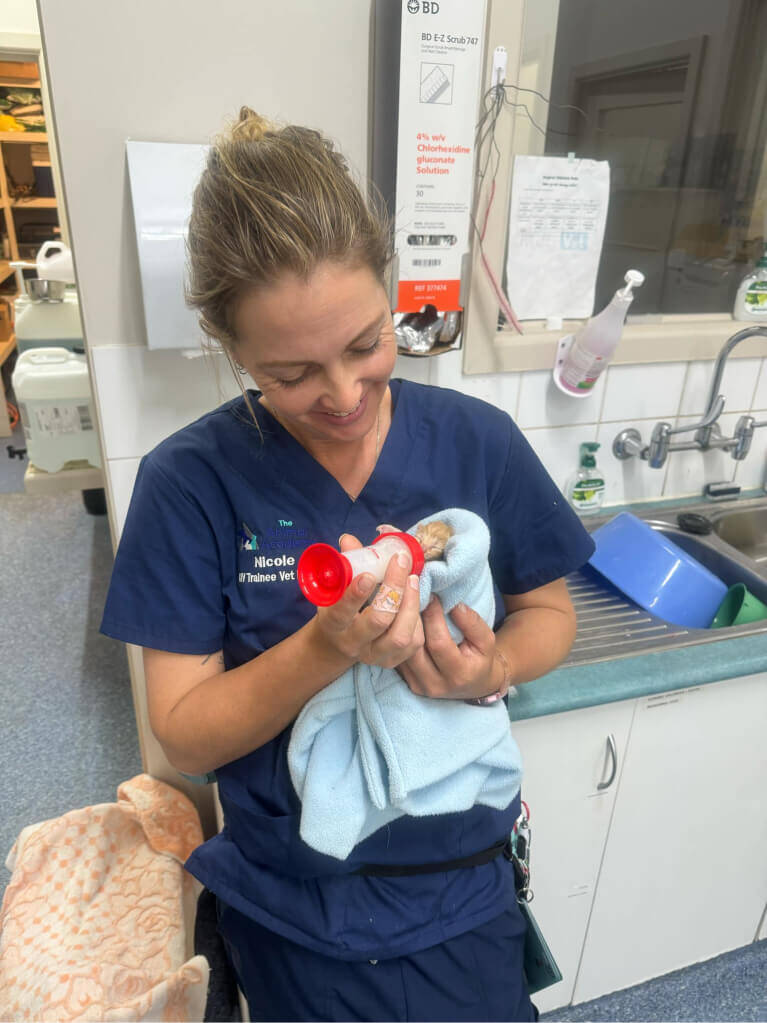
“The Animal Academy is giving us all the tools to succeed within the Animal care and nurse industry”

frequently asked questions
This course is perfect for those who want to work in animal behaviour and training, including roles in rehabilitation centres, animal shelters, and obedience training.
You’ll complete 44 weeks of practical placements in behaviour-focused centres or shelters.
No, but having experience in animal care or a Certificate III qualification is recommended.
Graduates can work as dog trainers, behaviour specialists, or rehabilitation centre staff.
This is a 12-month program combining theory and practical training.
Ready to Start Your Journey?
Browse our course catalogue and find the best course for you.


